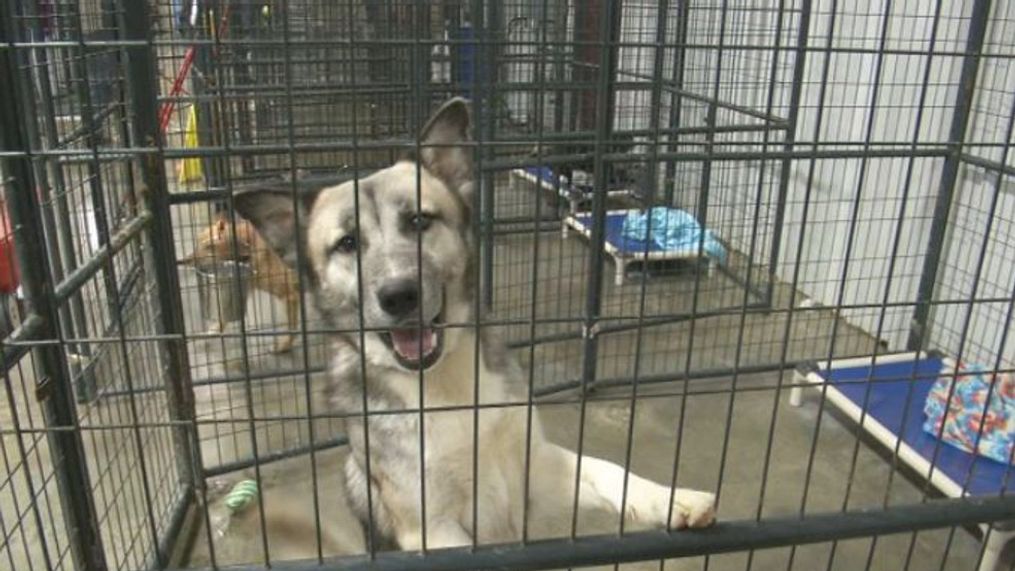Animal cruelty, a term that encompasses a wide range of abusive behaviors towards animals, has increasingly become a focal point for legislation across the United States. In Kentucky, the gravity of this issue has sparked renewed efforts from lawmakers aiming to institute more stringent laws to combat the distressing occurrences of neglect, abuse, and exploitation of animals. An inquiry into the legal implications of animal cruelty in Kentucky reveals an intricate tapestry of laws, mandates, and evolving societal attitudes towards the care and treatment of our non-human companions.
Animal cruelty laws in Kentucky are underpinned by both state statutes and local ordinances. Kentucky Revised Statute (KRS) 525.125 delineates cruelty to animals and classifies it into various degrees based on the severity of the offense. The law categorizes animal cruelty into two primary types: second-degree animal cruelty and first-degree animal cruelty. The former is generally considered a misdemeanor, while the latter is classified as a felony. This distinction arises from the nature of the acts committed against the animals and the intent of the perpetrator.
Second-degree animal cruelty typically involves negligent behaviors that result in unnecessary suffering or harm to an animal, including abandonment or failure to provide necessary sustenance or care. Those found guilty may face penalties ranging from fines to jail time, though the consequences often hinge on the specifics of the case and the judge’s discretion. This raises essential questions about the effectiveness of the current laws and whether they provide adequate protection for animals subjected to neglect.
In contrast, first-degree animal cruelty encompasses more egregious actions such as willful torture, maiming, or the malicious killing of an animal. The mere acknowledgment that such heinous acts could occur speaks volumes about the underlying cultural attitudes toward animal rights. In Kentucky, a conviction for first-degree animal cruelty is treated as a Class D felony. This designation carries severe repercussions, including potential imprisonment for one to five years, illustrating that the state recognizes the profound moral implications of such acts.
What lies at the heart of these statutes is a societal shift towards acknowledging animals not merely as property but as sentient beings deserving of humane treatment. This evolving perspective has prompted discussions regarding the adequacy of existing laws. Activists and lawmakers alike argue that, despite the current legal framework, instances of animal cruelty often escape the scrutiny they deserve, leaving animals vulnerable to barbarous treatment.
Moreover, a salient observation about the enforcement of these laws is that they vary widely across different jurisdictions within Kentucky. Some regions may be more proactive in prosecuting animal cruelty cases, while others may exhibit laxity, hampered by limited resources or lack of awareness. This disparity often leaves victims without the protection they urgently require. Therefore, a systematic approach to implementing rigorous training for law enforcement officials on the nuances of animal cruelty laws could enhance enforcement and broaden understanding of the complexities involved.
As Kentucky lawmakers propose stricter laws in response to mounting public outrage and advocacy, the discourse surrounding animal cruelty will undeniably continue to evolve. These proposed changes signal a desire to align the legal system with the contemporary views that animals are entitled to protection and respect. However, any legislative developments must be meticulously crafted to ensure they effectively address the root causes of animal cruelty rather than merely augmenting punishment.
A vital component of an effective legal framework must also involve educational outreach. Public awareness campaigns can play a crucial role in transforming societal attitudes towards animals. These initiatives would serve not only to inform the public about what constitutes animal cruelty but also to encourage a culture of compassion and responsible pet ownership. Educating prospective pet owners about the responsibilities that accompany animal companionship may significantly reduce instances of neglect and abuse.
Furthermore, fostering partnerships between state representatives, local animal shelters, advocacy groups, and the community can create a more cohesive strategy in combating animal cruelty. These collaborative relationships could enable better reporting mechanisms, enhanced support for victims, and the establishment of preventative measures designed to deter cruelty before it occurs. Such holistic efforts reflect an understanding that combating animal cruelty requires a multifaceted approach.
In conclusion, understanding whether animal cruelty is a felony in Kentucky reveals a complex interplay between legislation, societal values, and law enforcement practices. While there have been significant strides in recognizing the importance of protecting animals from abuse, ongoing advocacy and legislative reform are crucial to ensuring comprehensive legal protections are in place. Kentucky’s journey towards stricter animal cruelty laws epitomizes a broader cultural shift that elevates the discourse on animal rights and reflects society’s moral obligation to safeguard the most vulnerable among us. The momentum for change is palpable, heralding a future where compassion triumphs over cruelty in the Bluegrass State.








